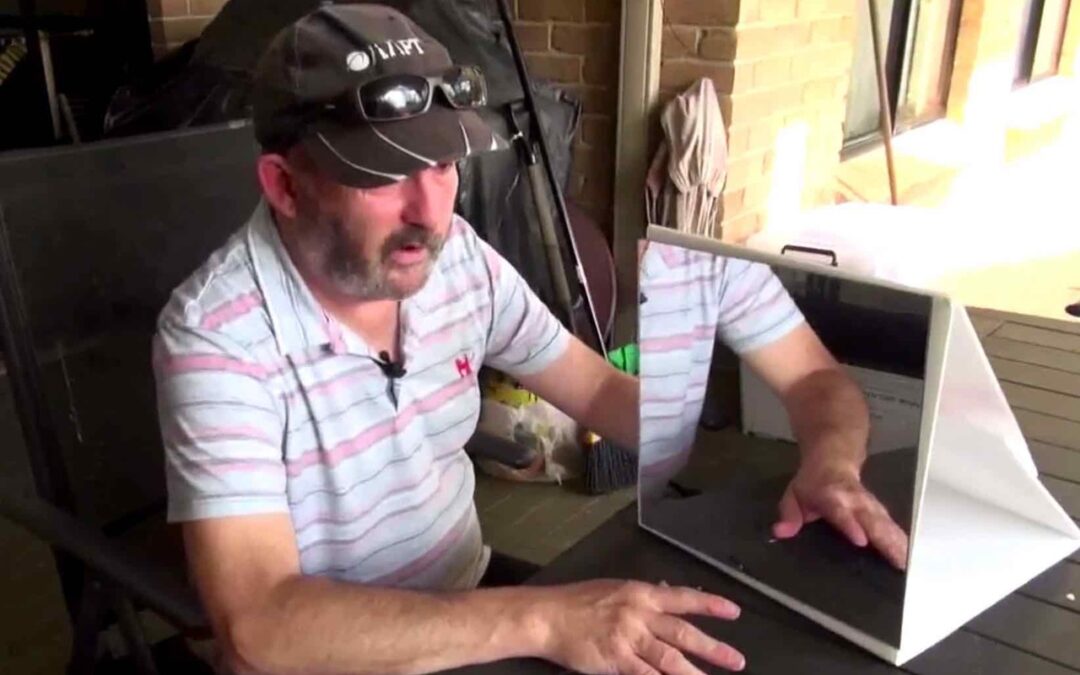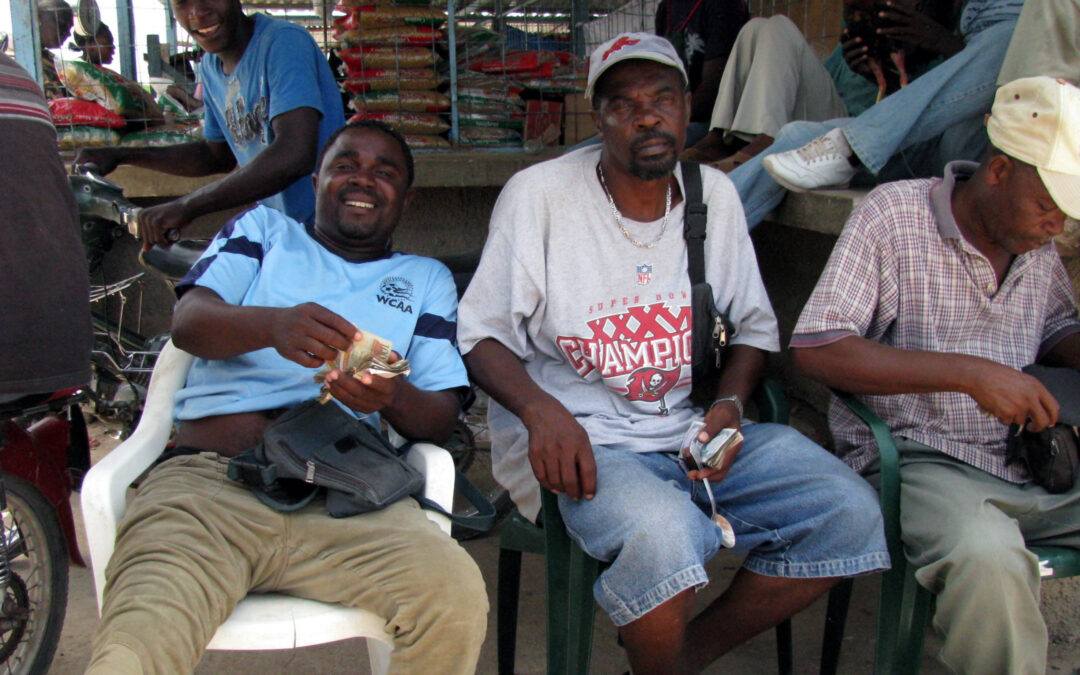In the months since the Covid-19 pandemic began disrupting everyone’s lives, people and organizations worldwide have adapted quickly for the sake of survival. This is a matter of long-term intellectual interest for ethnographers – but also, sometimes urgently, of short-term solvency. Some jobs, we...










